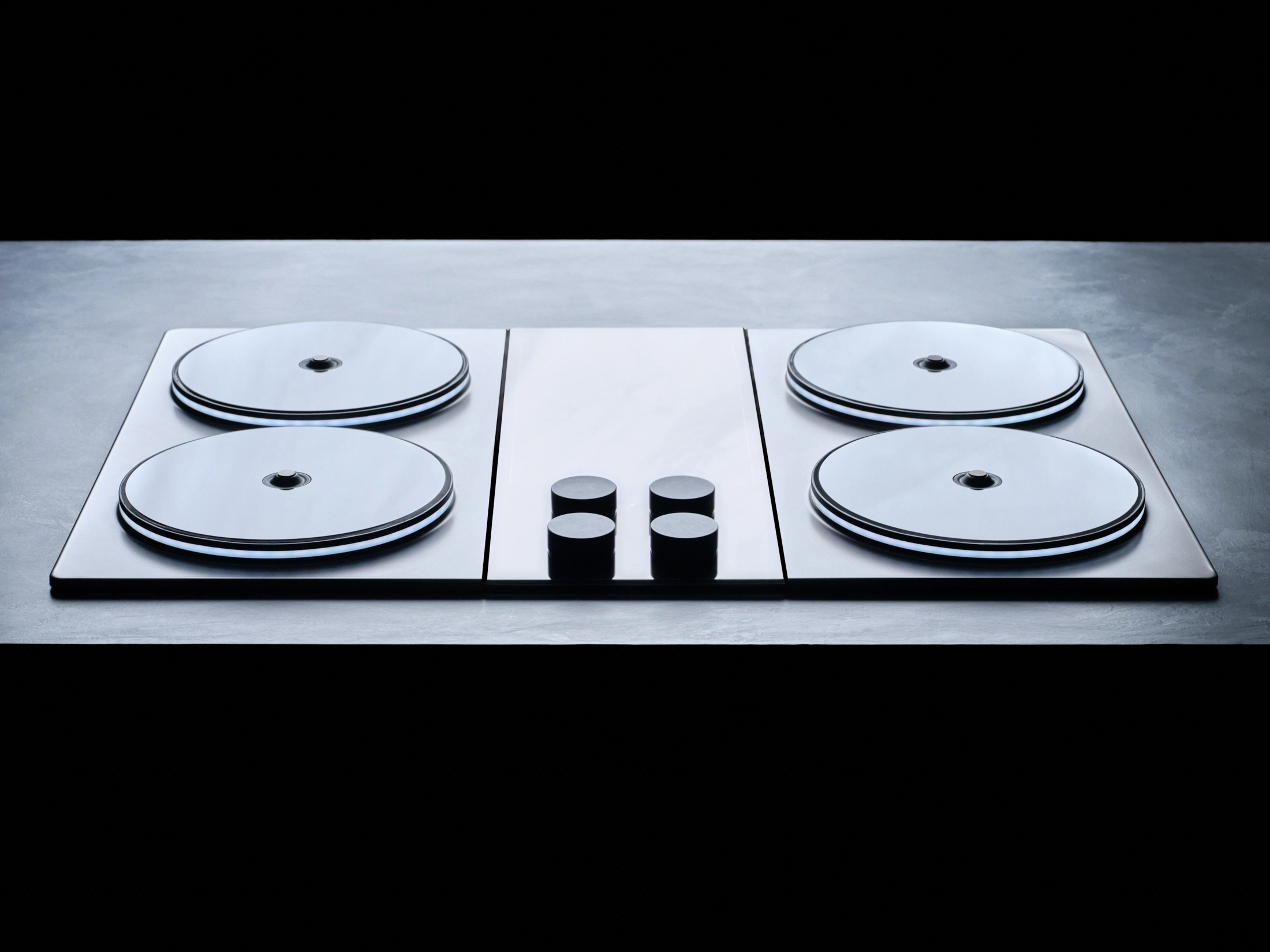Our battery completely changes that equation. Whether it’s hooked up to a 120V or 240V connection, our battery charges gradually while you’re not using it. Then, when you’re ready to cook, it can quickly release the power it’s stored up to achieve astoundingly high performance. We’re talking 72,000 BTU/h. Compare that to 18,000 for the best gas stoves.



Don’t know about the costs, but isn’t rewiring cheaper in the long run?
That’s what I was thinking. My place isn’t wired for 240v. I was initially excited. Then I saw the price and converted to Canadian dollars. It’s been a while since I’ve priced it out, but I think it would be less expensive for me to put in 240v, get power to my shop, and buy a used electric stove. Obviously, I wouldn’t have induction, but that’s not something I actually care about.
Not if the stove (and its battery) last for several decades. Even with the higher cost of this stove as compared with other induction stoves, it’s likely a cheaper choice for 10% to 20% of US households looking to get off gas.
Show me a battery that lasts decades…
A lot of the EV batteries are likely to last 20+ years.
What do you mean with “last” exactly?
Blatantly untrue
Appliances that run on higher voltages are more efficient. You may lose out on energy costs
It’s a stove, which is usually a very small chunk of household energy consumption in the US. Heating and cooling tend to be the bulk of it, and where people concentrate on efficiency.